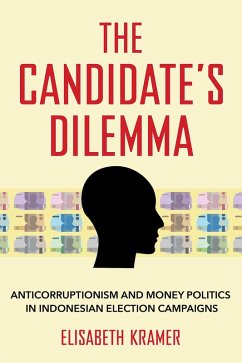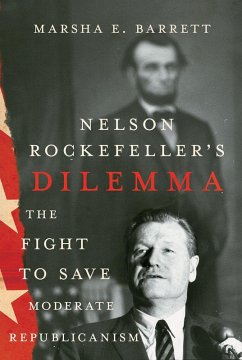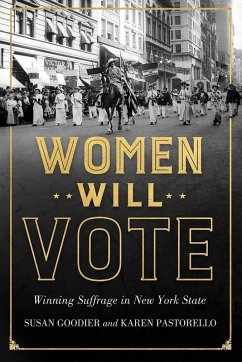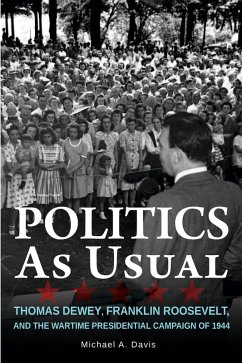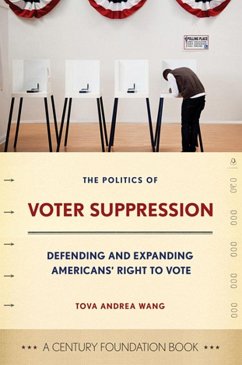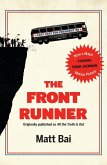In The Candidate's Dilemma, Elisabeth Kramer tells the story of how three political candidates in Indonesia made decisions to resist, engage in, or otherwise incorporate money politics into their electioneering strategies over the course of their campaigns.
As they campaign, candidates encounter pressure from the institutional rules that guide elections, political parties, and voters, and must also negotiate complex social relationships to remain competitive. For anticorruption candidates, this context presents additional challenges for building and maintaining their identities. Some of these candidates establish their campaign parameters early and are able to stay their course. For others, the campaign trail results in an avalanche of compromises, each one eating away at their sense of what constitutes "moral" and "acceptable" behavior. The Candidate's Dilemma delves into the lived experiences of candidates to offer a nuanced study of how the political and personal intersect when it comes to money politics, anticorruptionism, and electoral campaigning in Indonesia.
As they campaign, candidates encounter pressure from the institutional rules that guide elections, political parties, and voters, and must also negotiate complex social relationships to remain competitive. For anticorruption candidates, this context presents additional challenges for building and maintaining their identities. Some of these candidates establish their campaign parameters early and are able to stay their course. For others, the campaign trail results in an avalanche of compromises, each one eating away at their sense of what constitutes "moral" and "acceptable" behavior. The Candidate's Dilemma delves into the lived experiences of candidates to offer a nuanced study of how the political and personal intersect when it comes to money politics, anticorruptionism, and electoral campaigning in Indonesia.
Dieser Download kann aus rechtlichen Gründen nur mit Rechnungsadresse in A, D ausgeliefert werden.

